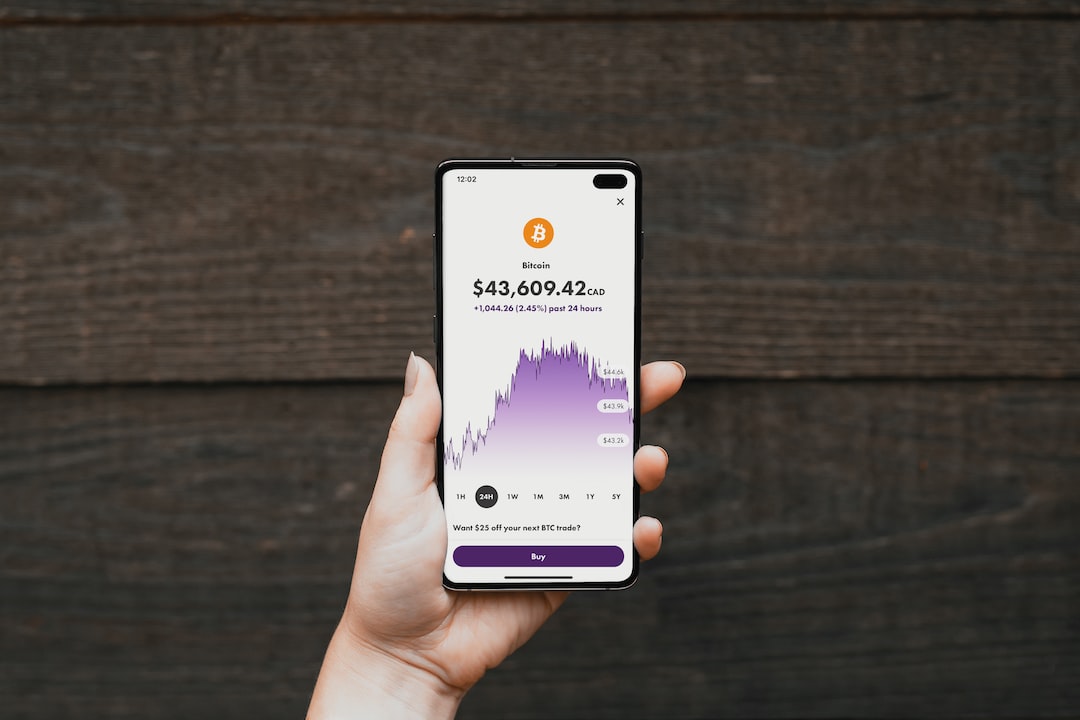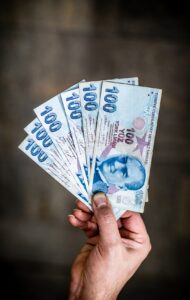Forex Trading vs Stock Market: Which One is More Volatile?
When it comes to investing, volatility is an important consideration for traders. Volatility refers to the degree of price fluctuations in a market. It is an indicator of the level of risk and potential returns associated with a particular asset or market.
In the financial world, two popular markets that attract traders are the Forex market and the stock market. Both offer opportunities for profit, but they differ in terms of volatility. In this article, we will explore the volatility of Forex trading and the stock market to understand which one is more volatile.
The Forex market, also known as the Foreign Exchange market, is the largest and most liquid financial market in the world. It involves the buying and selling of currencies, with trillions of dollars traded daily. The stock market, on the other hand, is a market where individuals and institutions buy and sell shares of publicly traded companies.
Volatility in the Forex market is primarily driven by economic indicators, geopolitical events, and central bank policies. Currencies are affected by a multitude of factors such as interest rates, inflation, political stability, and economic growth. These factors can lead to significant price fluctuations in the Forex market.
In comparison, the stock market is influenced by factors such as company earnings, industry trends, economic conditions, and investor sentiment. The volatility of individual stocks can vary depending on the company’s performance and market conditions. However, overall stock market volatility is typically lower compared to the Forex market.
One of the reasons why Forex trading is more volatile than the stock market is the leverage available to Forex traders. Leverage allows traders to control a larger position than their initial investment. While leverage can amplify profits, it also increases the potential for losses. The higher leverage in Forex trading can result in greater price swings and volatility.
In contrast, stock market trading typically involves lower leverage, limiting the potential for extreme price movements. This is because most stock exchanges have regulations in place to prevent excessive leverage and promote market stability. As a result, the stock market tends to have lower volatility compared to the Forex market.
Another factor that contributes to the volatility of the Forex market is its 24-hour trading cycle. Unlike the stock market, which has set trading hours, the Forex market operates continuously from Monday to Friday. This means that news and events from around the world can impact currency prices at any time, leading to increased volatility.
In contrast, the stock market has specific trading hours, usually from Monday to Friday during regular business hours. This limited trading window can help stabilize stock prices and reduce volatility compared to the Forex market.
It is important to note that volatility does not necessarily indicate risk. While high volatility can lead to larger price swings and potential profits, it also increases the risk of significant losses. Traders need to assess their risk tolerance and develop appropriate risk management strategies when trading in volatile markets.
In conclusion, both Forex trading and the stock market offer opportunities for profit, but they differ in terms of volatility. The Forex market is generally more volatile due to factors such as economic indicators, central bank policies, and leverage. The stock market, on the other hand, tends to have lower volatility, thanks to regulations on leverage and set trading hours.
Ultimately, the choice between Forex trading and the stock market depends on individual preferences, risk tolerance, and trading strategies. Traders should carefully consider the volatility of each market and develop a trading plan that aligns with their goals and risk appetite.





